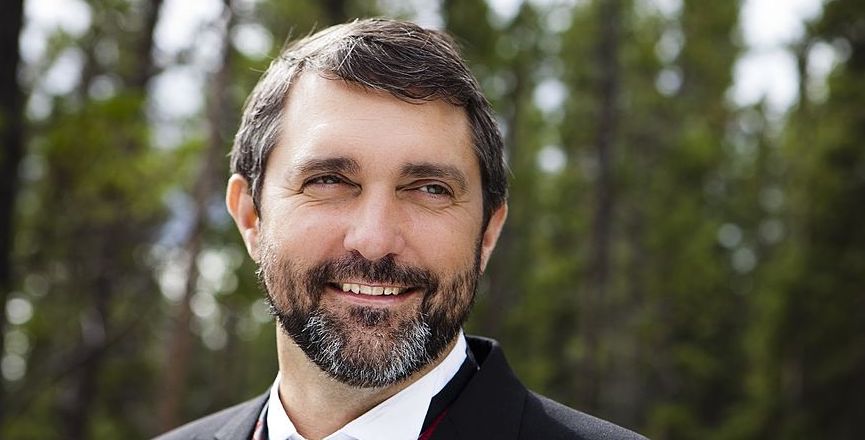The Yukon government is forming a non-partisan commission to study electoral reform in the Yukon. In response to that welcome initiative, I am writing a series of articles examining an array of existing electoral systems worldwide, as well as some unique, new systems that are untried. This will be done with an eye to which electoral systems could improve democracy in the Yukon.
Shortly after the 2011 election in the Yukon, I was working at a gallery when a former Yukon Party MLA came in looking for a gift. As we chatted, he told me that he was relieved to have lost his seat. He said that he was sick and tired of tying himself in knots trying to persuade unhappy constituents that the government policies were on the right track. The following is what I remember from our conversation.
Me: Well, you are just the man to get behind electoral reform.
Former MLA: Electoral reform would only elect Liberals.
Me: Not necessarily. And if you won an actual majority, it would be easier to govern because you would have a real instead of false mandate.
FMLA: We won. We have a mandate.
Me: Almost 60 per cent of electors voted for other parties. No wonder you were having trouble with disgruntled constituents.
FMLA: If it ain’t broke: don’t fix it.
Me: But it is broken.
FMLA: Gotta go.
Me: The majority of Yukoners are unrepresented with first-past-the-post.
Sound of the door closing.
Democracy is a Greek word meaning “rule by the people.” Both Canada and Yukon are purported to be representational democracies where elected candidates represent the will of the people in their region. But is a government truly representative or democratic when our first-past-the-post (FPTP) electoral system results in false majority governments elected by a minority of the electorate? Neither the former nor the current Yukon governments enjoy a true mandate. Would it not be better if our leaders were focused on governing rather than the kind of political finagling that the former MLA referred to?
FPTP is the simplest of all electoral systems. The candidate who wins the most votes in a riding wins that seat. The party that wins the most seats forms the next government. This works well when there are only two parties contesting the seats. However, when there are more than two political choices, FPTP systems have negative consequences.
False majority governments are not democratic. In the Yukon, with 19 seats and four political parties, a government could be formed with as few as five seats. It is also possible that each seat could be won with as little as 26 per cent of the votes.
Vote splitting occurs is when a party enjoying minority support wins over several parties that share similar platforms. In the 2011 election, the majority of Yukoners supported progressive parties. Yet due to vote splitting, the Yukon Party, standing alone with its conservative values, won that election.
Disproportionate electoral influence by third party groups, such as corporations, unions, and minority societal and religious entities, is a result of the vote splitting. The deal between these power groups and a government elected this way results in the formation of policies not in line with the aspirations of the majority.
Strategic voting refers to casting one’s ballot for a party deemed most likely to defeat an undesirable government rather than voting for a party, or candidate, that best represents one’s views. Strategic voting led to the recent wins in the 2015 federal election and the 2016 Yukon election. What a sad statement about the inadequacy of our electoral system. In a democracy, citizens shouldn’t have to vote against their own consciences.
Under first-past-the-post systems, unethical electioneering strategies are rewarded. When it is possible to win majority governments with minority votes, political strategists recommend campaigning only to targeted sectors of the population. This is called “boutique vote shopping.” Tom Flanagan, author of Harper’s Team, earned Stephen Harper’s disfavour for outing the Conservative Party’s strategy of campaigning only to certain groups and ignoring everyone who didn’t fit the desirable profile. They followed through by only governing for the benefit of their supporters.
Boutique vote shopping paves the way for extreme parties on the left or right to win elections. It also rewards collusion between political parties with powerful non-political entities such as corporations and unions.
Political strategies that leverage hate and fear are also a type of boutique vote shopping. Would it be practical to use language designed to exclude and demonize certain segments of the population if our electoral system didn’t favour such tactics? Movements founded in prejudice exist in every country. But countries that use first-past-the-post, like the U.S., United Kingdom, and Canada, are more vulnerable to demagogues.
The Yukon would do well to look for a fairer system of voting.
Fair Vote Yukon is lobbying the government to include a Yukon Citizens’ assembly to submit recommendations to the commission studying electoral reform in Yukon. Please consider writing your MLA to support a Yukon Citizens’ assembly.
Image: Bw14/Wikimedia Commons
Like this article? rabble is reader-supported journalism. Chip in to keep stories like these coming.





